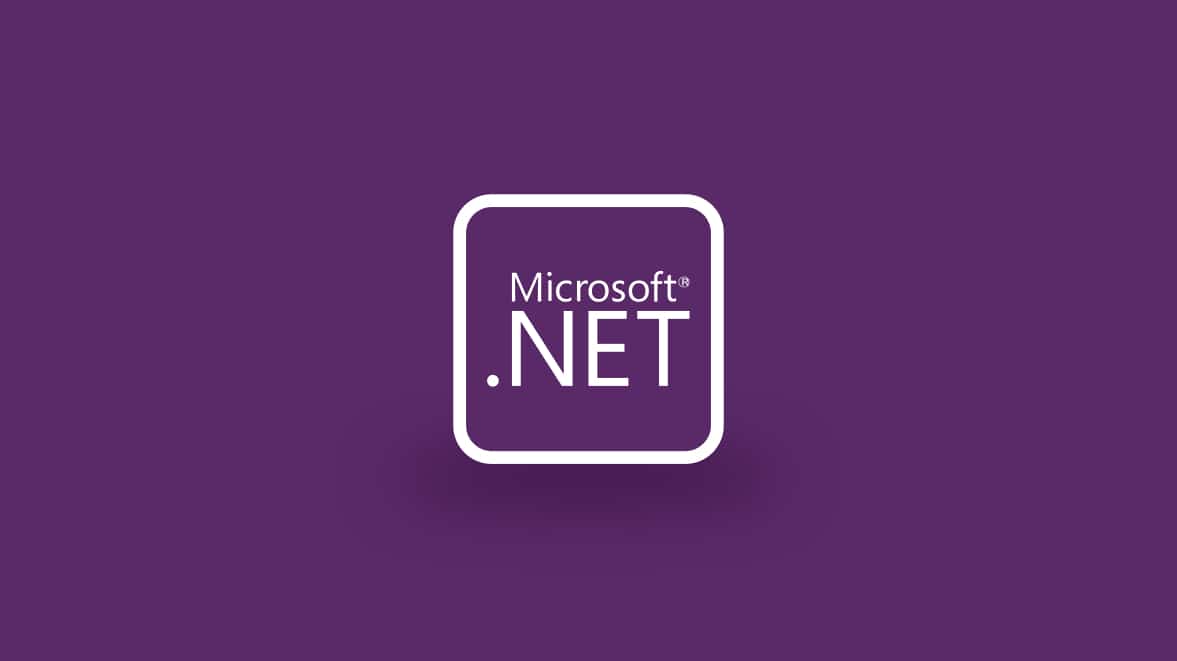Rollbar is happy to announce our official .NET error monitoring SDK. This new .NET SDK is more rreliable, supports all of the popular .NET platforms (NET Standard, .NET Framework, .NET Core, ASP.NET MVC, UWP, Mono, Xamarin), easy to configure, multithreading friendly, and more.
Rollbar helps you monitor errors in production applications. It provides you with a live error feed from your applications, including complete stack traces and contextual data to debug errors quickly. It also lets you easily understand your user experience by tracking who is affected by each error. Check out our features page to learn more about how it can help you.

{: .imgcaption}
.NET error monitoring, as seen in Rollbar
Improvements
- Multi-target support including .NET Standard 2.0 and up, .NET Framework (or Full Framework) 4.5 and up, and .NET Core 2.0 and up. It also supports UWP, Mono, and Xamarin.
- Native asynchronous (“fire-and-forget”) implementation. Due to its async nature the SDK has very little impact on its host at runtime. A blocking (synchronous) implementation of the same methods is also available.
- Rate limiting and buffering of all messages.
- Automatic retries in case of network failure.
- Person information is now a part of a notifier configuration object, including field scrubbing for privacy.
- Improved interface by separately defining ILogger and IRollbar. ILogger also now supports chaining calls.
- Multiple instances of the notifier can be separately and differently configured, including different access tokens.
- Easier configuration including support for app.config and appsettings.json files.
- Subscribe to receive any internal operational/communication event or an error happening within the notifier.
- More usage samples and sample apps.
Upgrading
The public API of our notifier v1 is not backward compatible with the pre-v1 releases. However, the conversion/upgrade process is very straightforward by using find-and-replace tools across your code base.
You should change your config from the old version:
Rollbar.Init(new RollbarConfig("POST_SERVER_ITEM_ACCESS_TOKEN"));to
RollbarLocator.RollbarInstance
.Configure(new RollbarConfig("POST_SERVER_ITEM_ACCESS_TOKEN") { Environment = "test" };Additionally, anywhere in your code that you were sending error reports via
Rollbar.Report(new Exception("trying out an error", new NullReferenceException()));
Rollbar.Report("basic info log example.");Will need to be replaced with something like this:
RollbarLocator.RollbarInstance.Error(new Exception("trying out an error", new NullReferenceException()));
RollbarLocator.RollbarInstance.Info("basic info log example.");Learn more in our documentation for .NET.
If you haven’t already, sign up for a 14-day free trial of Rollbar and stop flying blind in production.



